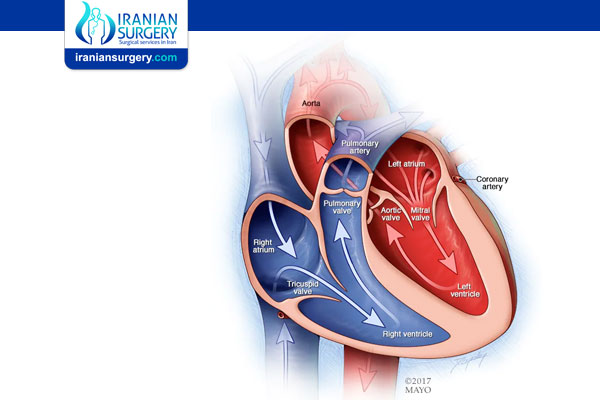Mitral Valve Repair Failure Symptoms
Mitral Valve Repair Failure Symptoms
Failure of repair, defined by recurrence of moderate or severe mitral regurgitation, or re-operation for mitral regurgitation are principal endpoints to evaluate the long-term outcomes of mitral valve repair. Failure rates of mitral valve repair are determined principally by the original dysfunction (posterior leaflet, anterior leaflet and bi leaflet) and by repair technique. The longest term follow-up available is for conventional ‘Carpentier’ techniques. Braunberger and colleagues1 reported in 2001 on the long-term outcomes of 162 non-rheumatic patients (of whom 90% were degenerative) who underwent a Carpentier repair between 1970 and 1984. They observed that 97% of patients with posterior leaflet, 86% with anterior leaflet and 83% of patients with bileaflet prolapse were free of re-operation at 20 years (Figure 1a). They also found 74% were free from cardiac events at 20 years.
The difference between freedom from reoperation and freedom from cardiac event rates, however highlights the limitations of re-operation rate as an outcome measure for mitral repair. Because the decision to undergo reoperation is physician and patient dependent, at least some of those patients with cardiac symptoms had recurrent mitral regurgitation, but never underwent reoperation. In the absence of echocardiographic follow-up, there is no way of quantifying the true long-term failure rate. David and colleagues2 also presented 20-year follow-up for patients (operated between 1981 and 2001) using a variety of repair techniques, including conventional Carpentier techniques and gortex neochordoplasty, and found 96%, 88% and 94% freedom from re-operation rates at 12 years for posterior, anterior and bileaflet prolapse respectively. They also reported on freedom from moderate or severe mitral regurgitation – 80%, 65% and 67% respectively at 12 years (Figure 1b) – however, follow-up echocardiographic data was available for only half of the patients.
The lack of systematic echocardiographic follow-up is the major limiting factor in determining the true durability of all mitral repair techniques3; most series have focused on survival and re-operation rates which may not necessarily be reflective of the durability of repair.
About Iranian Surgery
Iranian surgery is an online medical tourism platform where you can find the best heart surgeons in Iran. The price of Mitral Valve Repair in Iran can vary according to each individual’s case and will be determined by an in-person assessment with the doctor.
For more information about the cost of Mitral Valve Repair in Iran and to schedule an appointment in advance, you can contact Iranian Surgery consultants via WhatsApp number 0098 901 929 0946. This service is completely free.
Source:


